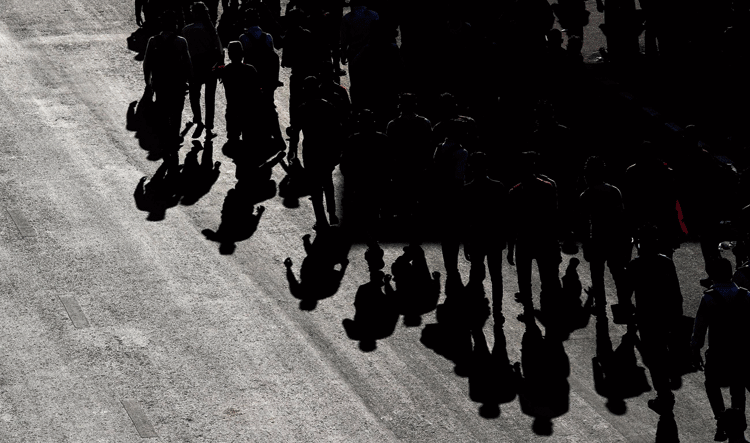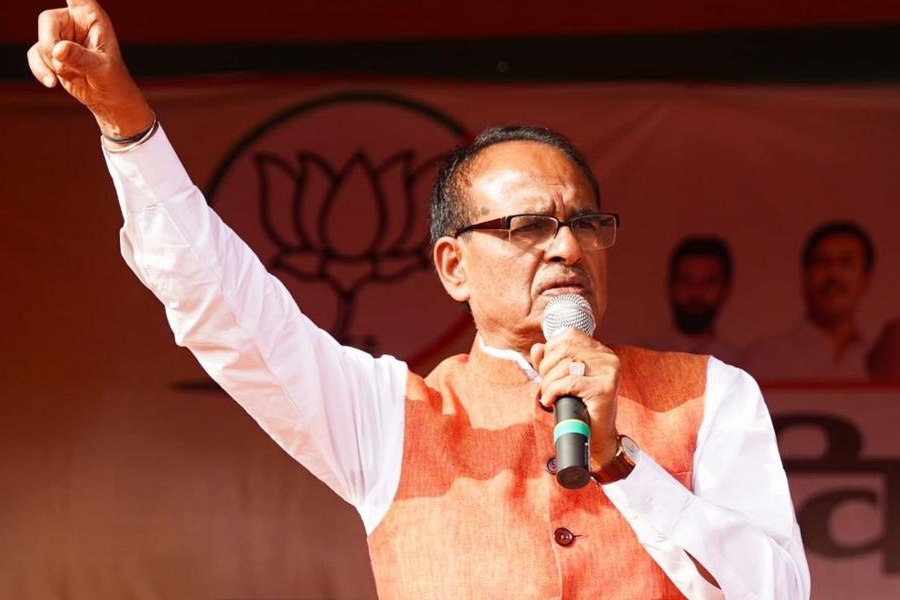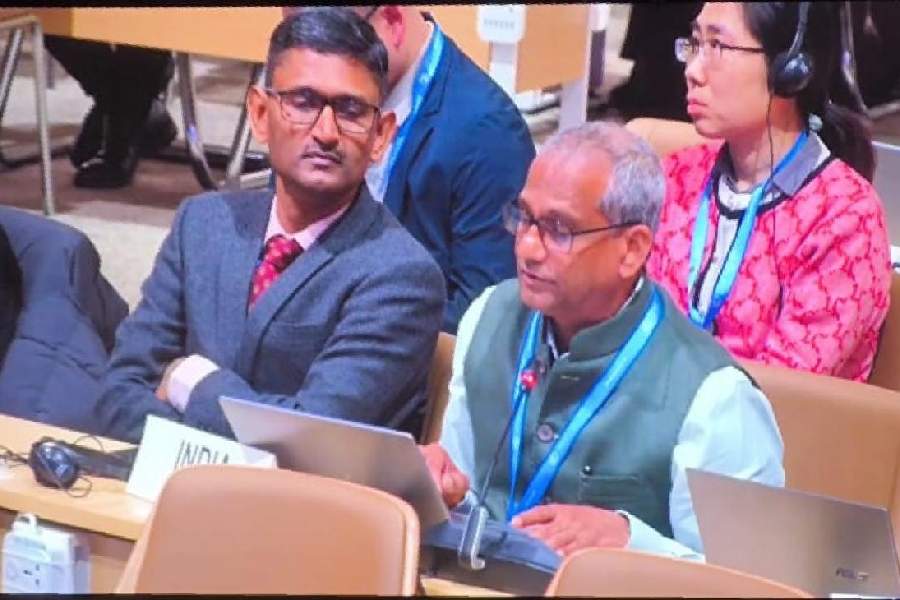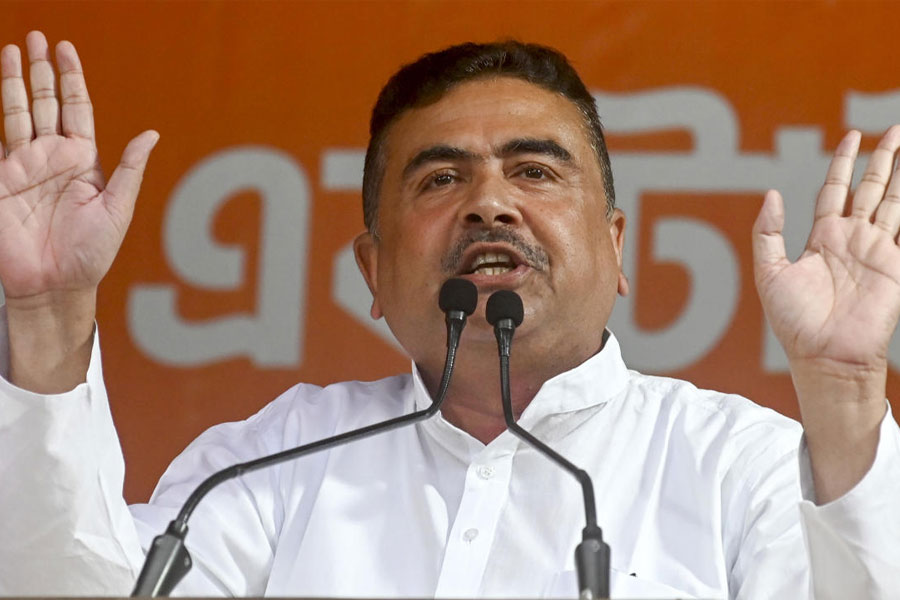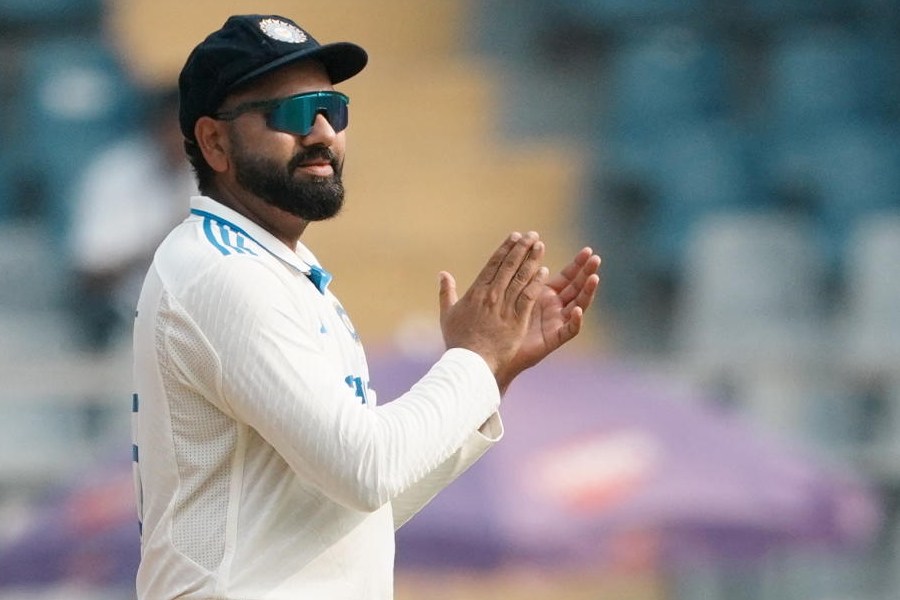Chinks in the armour can be fatal when it comes to battling a threat as unparalleled as the novel coronavirus. India, thus, has reasons to be worried even though the number of fatalities remain relatively low when compared to some other countries. Screening of incoming travellers and the imposition of compulsory home quarantine were lax as late as March 17 when New Delhi widened the net of mandatory home quarantine to include travellers from all countries. By that time, the disease had spread to 159 nations and India had been screening passengers only from 12 of them. The price of such slippages can be steep, especially in a country where a rickety healthcare system has been unable to undertake extensive testing; according to some estimates, India is testing only a handful of people per million citizens. Compare this to South Korea that was testing more than 4,000 per million, an accomplishment that has helped it contain the pandemic to some extent. There is thus reason to believe that the numbers of reported cases in India could be deceptively low, given its vast geography, huge population and poor testing and screening facilities. The danger is compounded by the paucity of hospital beds to treat serious cases — if Covid-19 cases keep increasing at the current rate, 27 of the 36 states and Union territories will run out of beds by the end of May and much sooner in places like Kerala, Maharashtra, Delhi and Punjab. The nationwide lockdown may then be a case of too little, too late to prevent the pandemic from having spread. Worse, a muddled approach by the Centre could have undermined the efficacy of the lockdown itself. The sudden announcement sparked a mass exodus of thousands of daily-wage labourers, which, health authorities suggest, may have aggravated the risk of infection.
Extensive tracking and testing of citizens must complement the lockdown as a preventive measure. But are India’s overburdened healthcare workers — many of whom do not have access to protective gear — prepared to pursue this? The country’s response to the epidemic so far has been to deal with crises as and when they arise, always one step behind the virus. Scientists are of the opinion that pandemics are likely to become a way of life in the future. It is imperative that India prepares for that future by learning lessons from the present lapses. A significant boost to the measly health budget should be the first order of business, accompanied by improvement in primary healthcare and awareness campaigns about the primacy of hygiene. Only then can India’s politicians afford to pat themselves on the back.

